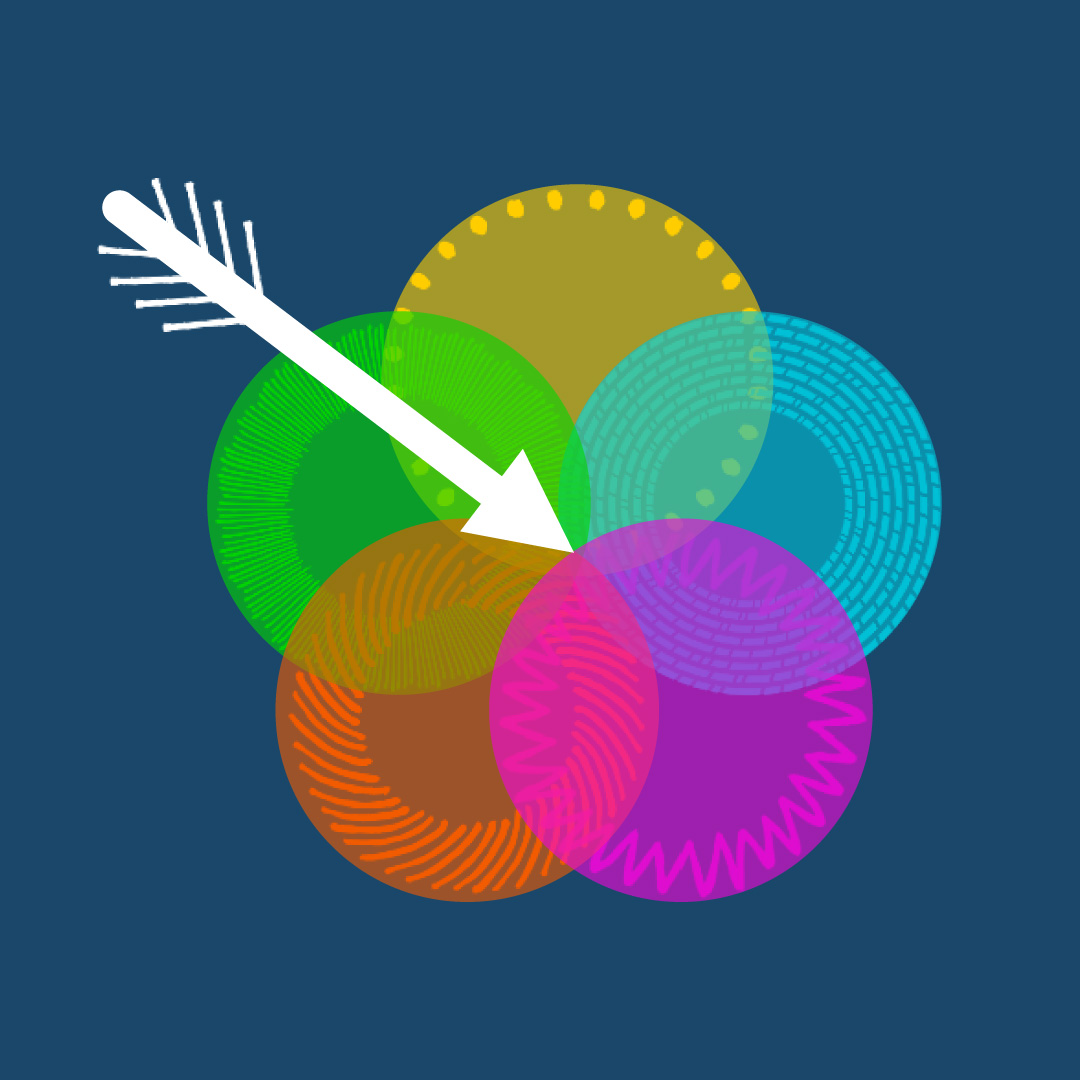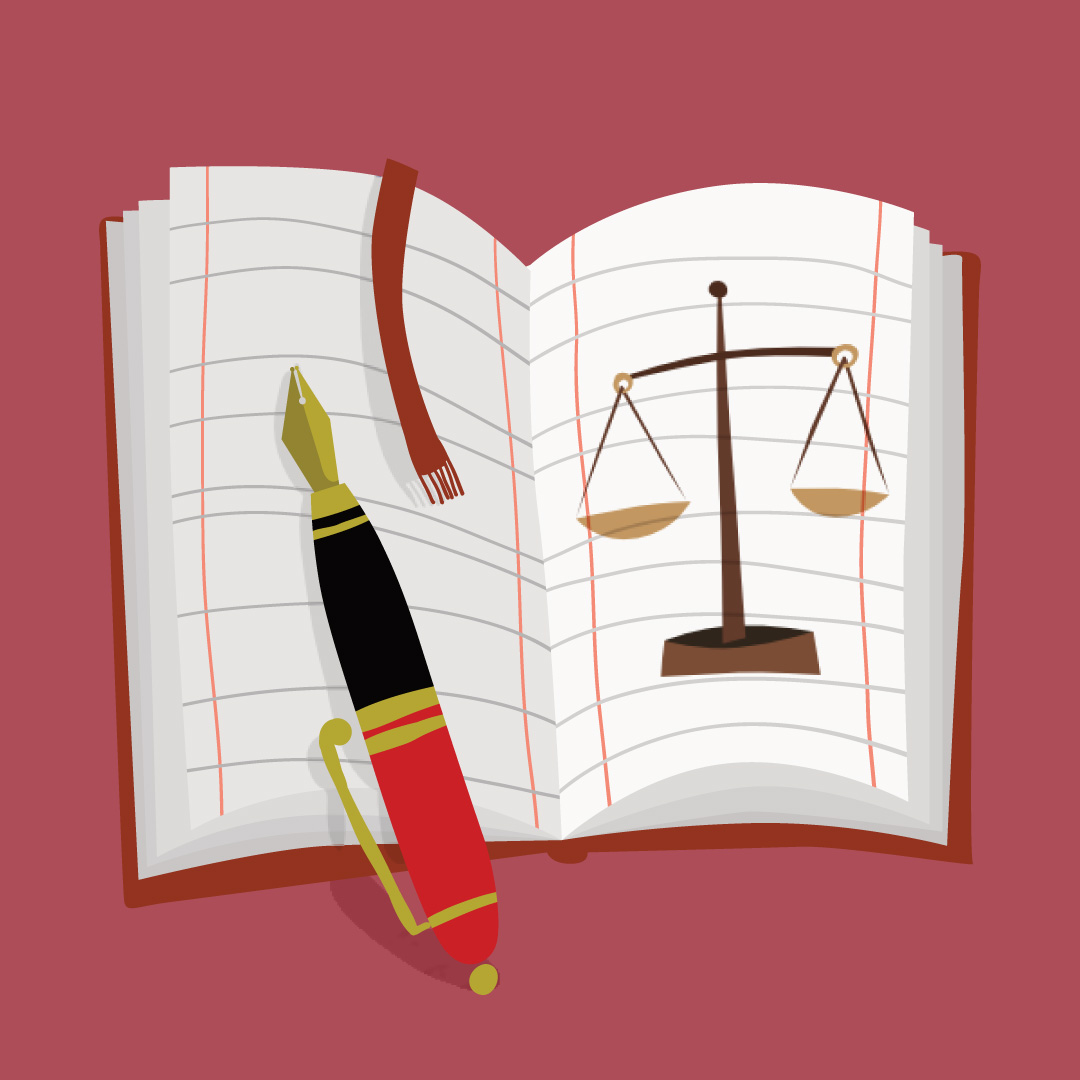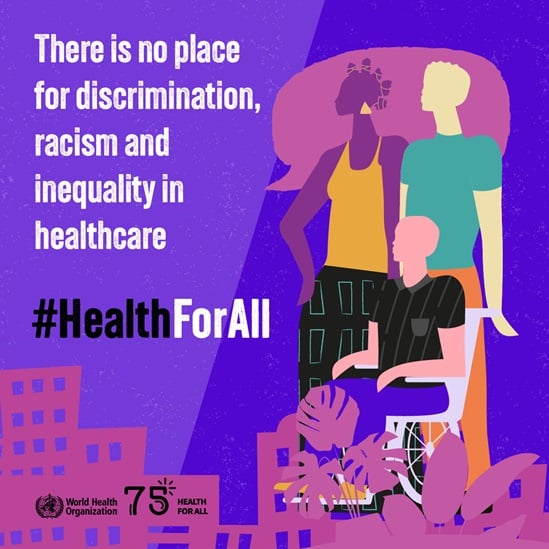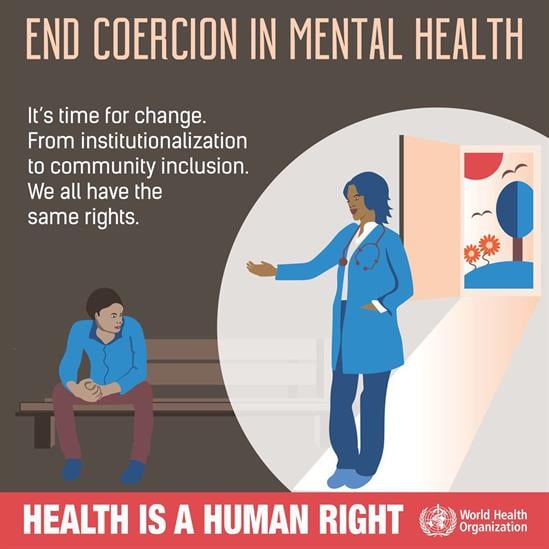Updated: 30 September 2022

Manuela Leporesi
©
Credits
Tips and information
- People who do not get enough nutritious food, such as fruit, vegetables, legumes, nuts and whole grains, milk, meat and fish, are more likely to get ill
- People who are unable to eat a variety of good food may suffer from certain conditions such as under nutrition or malnutrition
- It is more difficult for a person to earn money through work when they are hungry
- Other nations should help if a country cannot end hunger on its own
- There are human rights related to hunger, for example:
- Right to adequate food
- International cooperation (this means states work together and with other partners such as civil society and global agencies)
Related tips and information
Related rights
Videos & infographics
All →Question and Answers
All →Factsheets
Publications
All →Fifth Regional Forum of WHO Collaborating Centres in the Western Pacific, Manila, Philippines, 4-5 November 2025: meeting report
Report of the 11th Meeting of the WHO Strategic and Technical Advisory Group of Experts for Maternal, Newborn, Child and Adolescent Health and Nutrition, 10–12 June 2025
Accelerating progress towards health-related Sustainable Development Goals
Integrated care for older people (ICOPE): guidance for person-centred assessment and pathways in primary care, 2nd ed
Reports
All →Joint evaluation of the Global Action Plan for Healthy Lives and Well-being for All (SDG3-GAP): Management response
Joint Evaluability Assessment of the Global Action Plan for Healthy Lives and Well-being for All (2020): Management response update
Joint Evaluability Assessment of the Global Action Plan for Healthy Lives and Well-being for All (2020): Management response
Joint Evaluability Assessment of the Global Action Plan for Healthy Lives and Well-being for All (2020): Report
Related health topics












